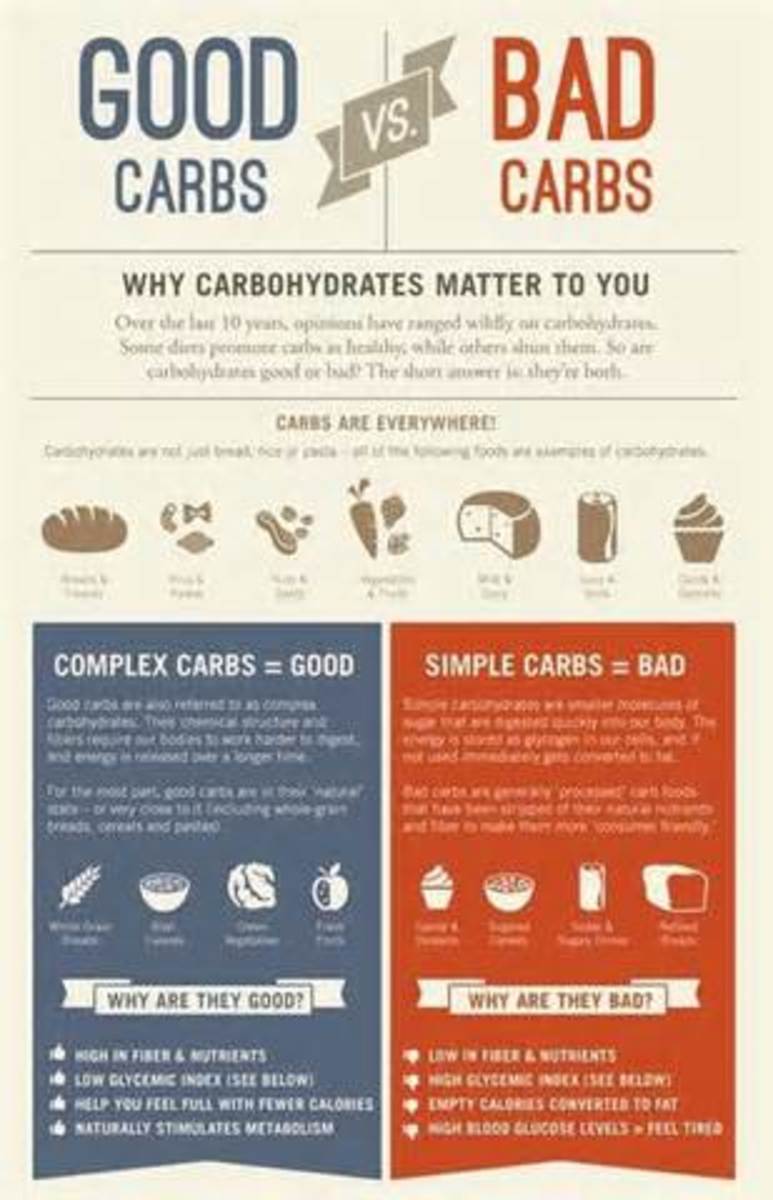Ignore These Three Benefits of Gluten Free Eating at Your Own Risk

Gluten free eating has gained a great deal of attention with health experts, celebrities and others touting how great it is to cut gluten from the diet. Because of the attention a gluten free lifestyle is receiving, you may wonder what benefits you'll enjoy from cutting gluten out of your diet.
There could be as many as two million Americans suffering from celiac disease, according to the National Digestive Diseases Information Clearinghouse1, but many are undiagnosed or misdiagnosed because the symptoms of celiac disease can mimic those of other digestive problems like irritable bowel disease or diverticulitis. For those with conditions such as celiac disease eliminating gluten is critical, but even for those without a serious health condition, eliminating gluten offers significant health benefits.
Here are three of the top benefits of eliminating gluten from the diet our family has enjoyed.

1. Improved Digestive Tract Health
This benefit tops the benefits list for gluten free living because it is one of the most noticed areas of improvement. Even for those without health conditions or gluten sensitivities, gluten is among the most difficult foods to digest.
Removing it from the diet gives the gut a chance to heal which in turn improves digestion, diminishes bloating, increases abdominal comfort, and reduces gas problems.
Personal experience: As someone who is making the transition from serving and eating products containing gluten to using gluten free ones, I've seen major improvements in both my own and my family's digestive health. Where we once suffered from recurrent GI problems, our digestive tracts are almost completely healed.

2. Increased Energy Levels
Consuming gluten can take a toll on the body by reducing overall energy levels, causing headaches, and more.
The inflammation it causes for some can also make it hard for the body to absorb the necessary nutrients, thus robbing the body of energy.
Additionally, because many foods with gluten cause rapid blood sugar spikes followed by blood sugar dips, eating gluten often leaves people feeling sluggish. Eliminating gluten and replacing it with healthy whole foods contributes to improved energy levels.
Personal experience: We no longer experience mid-afternoon "crashes" from our blood sugar fluctuating wildly or feel the need for a mid-day nap. Our energy levels are high so we feel like doing more activities we use to avoid like walking, swimming or exercising. As a plus, we're losing weight!
3. Weight Loss
Losing weight is not the primary reason people should eliminate gluten from their diets, but it can be a positive side effect. The reasons for the weight loss are varied. In part, reducing the insulin spikes caused by gluten reduces the body’s response of storing excess fat. Further, many processed foods contain gluten so as people cut out processed foods to avoid gluten weight levels naturally go down.
Celiac Disease Primer
As the movement to remove gluten from the diet has gained an increased following, the spotlight has begun to shine a little more brightly on a once relatively obscure condition: celiac disease. However, even with more awareness of the existence of celiac disease, there can still be confusion about what celiac disease is and what it entails.
Share Your Experiences with Gluten
Is eating foods with gluten a problem for you?
What is Celiac Disease?
Celiac disease is an autoimmune condition in which a person cannot consume anything containing gluten protein. It affects around one percent of the population, though there is speculation that number may really be higher.
Wheat, rye and barley contain gluten. Additionally, conventional oats contain gluten because of the way they are cross-contaminated when grown.
The body of a celiac patient believes it is under attack when it consumes gluten, which triggers an autoimmune response against the gluten. For someone who has celiac disease even the smallest residue of a gluten can cause problems.
What Are the Symptoms of Celiac Disease?
Symptoms vary, but a person with celiac disease typically experiences extreme abdominal discomfort, cramping, diarrhea, bloating and related symptoms when they eat or drink something containing gluten.
Other symptoms can include headaches, mood changes, or mental fog. In addition to these immediate symptoms, the small intestine becomes inflamed and damaged from consuming gluten. Over time, this leads to poor nutrient absorption, which can cause a host of other problems. Finally, untreated celiac disease leaves the immune system in a state of attack. Continually remaining in this heightened state can contribute to the onset of additional health problems.
Expert Fits for Living Gluten Free
What to Do If You Suspect You May Have Celiac Disease
If some of these symptoms sound familiar, you may be wondering if you have celiac disease. Surprisingly, the first thing you need to do is to continue eating your normal gluten-filled diet. Celiac is detected by the presence of antibodies produced when you are consuming gluten so you must be eating gluten to produce antibodies.
If you do have the antibodies, your doctor will follow up with an endoscopy to confirm the results. The good news is celiac disease requires no medication, just a strict adherence to a gluten free diet. Though it can be a big adjustment at first, the availability of gluten free foods will ease the transition and soon it will become second nature to you.
Benefits of Eating Gluten Free
Improves digestion
|
|---|
Decreases bloating
|
Reduces gas problems
|
Increases energy
|
Heals the gut
|
Reduces insulin spikes
|
Prognosis for Celiac Disease Sufferers
If you suspect you have celiac disease or have a relative who suffers from it, it's wise to schedule an appointment with your health care professional for a diagnostic screening because celiac disease is hereditary.
In fact, according to the National Digestive Diseases Clearinghouse, if you have a relative with celiac disease, your risk of having it increases by 4 to 12 percent.2
For those with the disease, the only choice is to adhere to a gluten free diet, as currently there are no medical treatments for it. However, due to the proliferation of information about celiac disease, food manufacturers have responded by developing and providing more gluten free options.
While the purpose of this article is to discuss the benefits of gluten free eating and not to provide a dietary regimen, if you have celiac disease, you'll want to:
- Start by avoiding barley, rye, triticale and wheat products.
- Consult your family physician or a registered dietician for help regarding your nutritional needs and dietary options.
One risk of eating gluten free is becoming malnourished, so you need to make sure your meal plans contain all the necessary nutrients. You'll need to become a gluten detective and read labels to check for hidden sources of gluten and ask lots of questions when you eat out.
If this sounds like a lot of work, take heart. Anytime you make a lifestyle change, it requires an initial change in your attitude and behavior. For example, if you want to lose weight, you'll have to change your eating habits and incorporate more exercise into your schedule. If you want to help your body heal from the ravages of celiac disease, you'll have to adjust your eating habits to choose foods that heal rather than hurt your intestines. Follow your gluten free eating plan religiously and before you know it, it will become a healthy habit.
Reference Sources
1. Undisclosed author, "Celiac Disease," National Digestive Diseases Clearinghouse, accessed October 12, 2014, http://digestive.niddk.nih.gov/ddiseases/pubs/celiac/
2. Ibid
© 2014 Donna Cosmato








